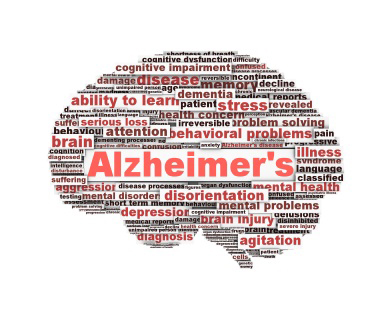The APOE epsilon4 gene variant is the primary genetic risk factor for Alzheimer’s disease in later life and, even in healthy older adults, APOE epsilon4 is associated with cognitive deficits and brain atrophy – loss of neurons and their connections.
Warren Taylor, M.D., and colleagues explored the effects of APOE genotype on cognition and brain structure in younger adults ages 20 to 50, including a population of patients with depression. Using neuropsychological testing and cranial MRI, they found that age had less effect on younger APOE epsilon4 carriers with respect to executive functions and volumes of cortical brain regions. There was no significant relationship between APOE genotype and depression diagnosis.
The findings, reported in Brain Imaging and Behavior, suggest that the APOE epsilon4 allele benefits younger adults by allowing them to maintain executive function performance and volumes of cortical brain regions with aging. They also support a theory that APOE epsilon4 has different effects on cognition and brain structure at different ages.
Send suggestions for articles to highlight in Aliquots and any other feedback about the column to aliquots@vanderbilt.edu















